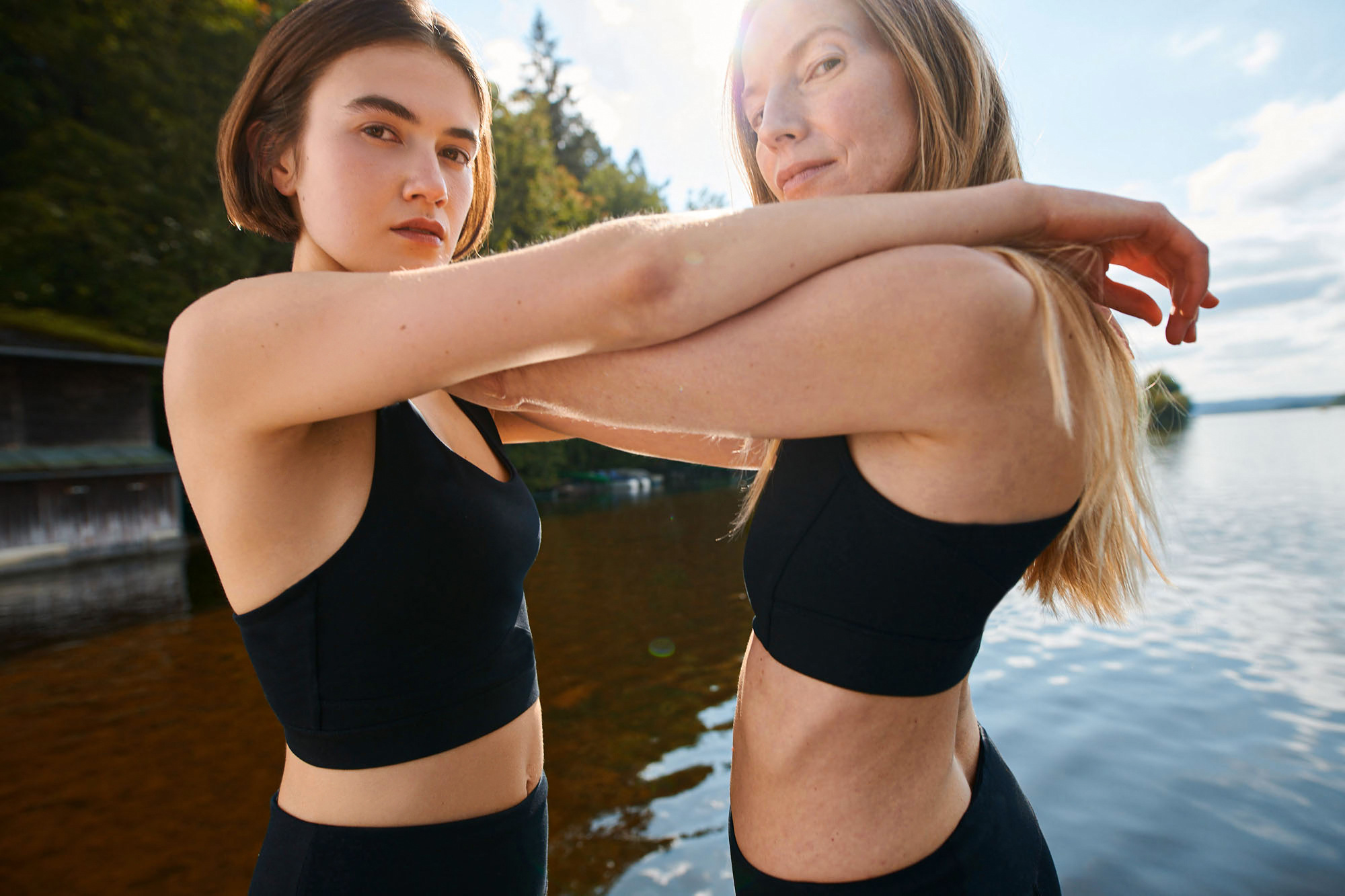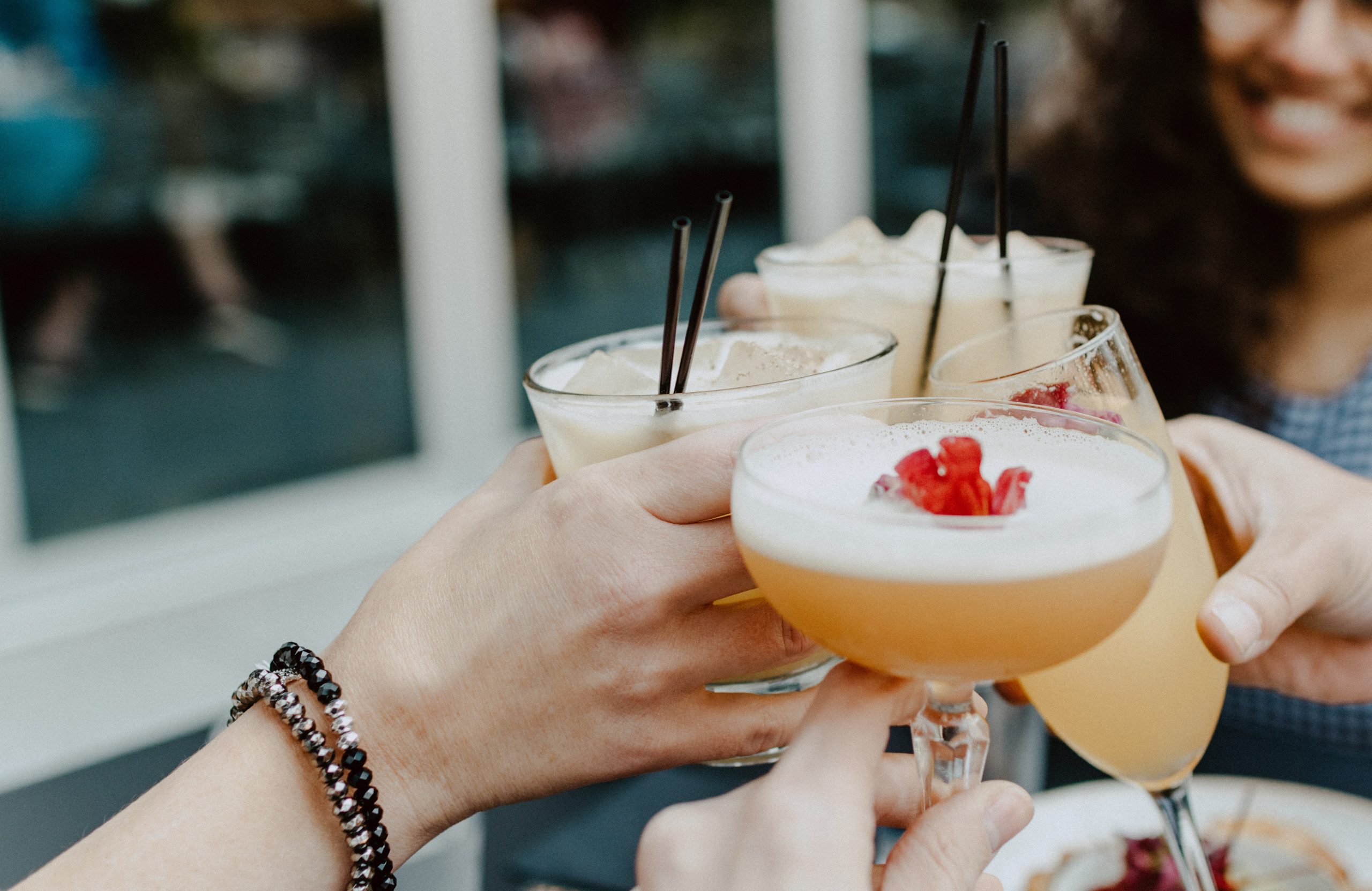With the rise in concern surrounding climate change and nutrition, it can be difficult to know what to eat. The good news is that there are practical steps you can take to minimise the environmental impact of your diet.
Nutritionist Rhiannon Lambert explains that we must make dietary changes, however big or small, to make changes and create solutions.
It is more important than ever that we take care of our planet. The agricultural industry is the largest driver of greenhouse gas emissions (GHGE). Fossil fuels are widely used in all supply chains from farming and production to distribution and delivery, through to waste disposal.
Do we all need to stop eating meat and dairy? The answer is no, you don’t need to give it up completely. It would be a good idea to consider reducing your consumption of red meat to once a week. If this is the only change you make it could make a big difference as small changes can have big results. We just need more people to follow this advice.
Half of the habitable land on our planet is used for agriculture, 77% of which is dedicated to livestock. Dairy and meat productions are responsible for half of GHGE in the UK’s food industry. Yet meat and dairy only provide 17% of the global energy intake and only 33% of global protein intake. This resource-intensive approach to food production is not paying off in terms of sustainability or nutrition.
Deprivation is not a part of the planetary diet. In the Rhitrition Clinic, we work with a lot of cases of disordered eating and a diet is not meant to be restrictive. No single food group is excluded but there is an emphasis on plant-based eating and eating in moderation.
The focus is on whole produce, with half the diet coming from vegetables and fruit. The other half consists primarily of whole-grain and proteins (beans/lentil/pulses) but also includes fats, modest amounts of meat and dairy, and some added sugars and starchy vegetables.
It is much less restrictive than a vegan or vegetarian diet, it simply requires you to reduce the number of portions of meat you consume and to get most of your protein from plant sources. An easy way to do this is swapping beef mince for Quorn mince or making a vegetarian-based curry using lentils and pulses, which are a wonderful source of protein, fibre and iron. Get creative and have fun with it, try a new recipe every week you haven’t made before. Read up on how to eat healthy in my new book The Science Of Nutrition and you can’t go wrong!
Considering switching to shopping locally and seasonally where possible. This will reduce the length of the supply chain involved in the food we eat, this will thereby reduce the overall emissions. It’s important to do what we can to reduce food waste, by planning meals and snacks ahead of time and shopping accordingly will help you to avoid any excess produce.
Batch cooking and freezing is an option. This will enable you to use up foods before they spoil and will also save you time in the future. You could also try growing your own and picking just what you need. Herbs are amazing to grow as they don’t require much space. If you have the space in your garden why not buy some chickens? They are great as they provide you with eggs, they will eat most leftovers and waste such as vegetable and fruit peelings. If you have children, they are a great pet to teach kids about where their food comes from and about animal welfare and care.

How we use natural resources for food production needs to become more sustainable for our future generations and overall planetary health.
Rhiannon’s new book The Science of Nutrition: Debunk the Diet Myths and Learn How to Eat Well for Health and Happiness, £20, is published by DK on 30 December. Rhiannon shares clear answers to food-related questions backed by the latest scientific research, that will enable more people to make informed decisions that are best suited to them about what, when, and how to eat.
Learn more here.
Follow Rhiannon Lambert on Instagram.







